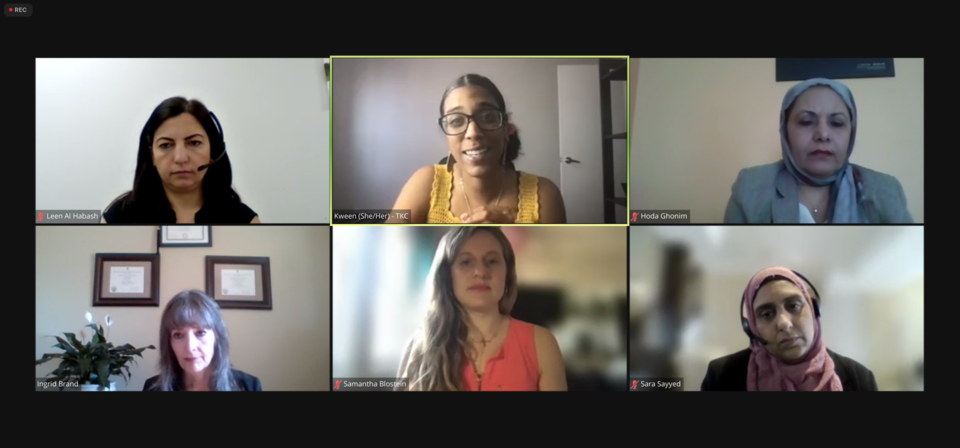A Guelph-Wellington Local Immigration Partnership survey study found that immigrants, Indigenous peoples, and BIPOCs are more likely to experience discrimination and not report it.
GWLIP hosted a webinar Monday to discuss its discrimination and racism survey results and to kickstart a conversation on discrimination and racism in Guelph and Wellington County.
“This webinar is to aim to increase education and awareness about the context and experiences of discrimination of Guelph and Wellington County, so that we can mobilize the research findings to impact positive change. It’s critical to address issues of discrimination,” said host Samantha Bolstein.
GWLIP conducted the survey back in March 2021, and the organization decided to host a webinar in celebration of international day of the elimination of racism and discrimination.
The survey looked at discrimination across the board, which not only included racism but also classism, gender, physical or mental disabilities and income.
For the Guelph survey, they had 686 participants which included 303 immigrants and visible minorities, 107 Indigenous, 276 white, non-immigrant; whereas Wellington County’s survey had 395 participants which included 170 immigrants, 111 Indigenous, 114 white, non-immigrant.
The respective survey results for Guelph and Wellington County found that approximately nine out of 10 Indigenous people, and about seven out of 10 immigrants and visible minorities reported experiencing discrimination in the last three years.
In comparison, about five out of 10 respondents in the comparison white, non-immigrants group experience discrimination in the county.
Immigrants and visible minorities and Indigenous peoples perceived their experiences of discrimination as based on ethnocultural factors related to different minority group statuses such as race or skin colour, Indigenous identity, ethnicity or culture.
Whereas, white, non-immigrants tended to perceive their experiences of discrimination as based on more universal factors such as age, gender, physical appearance, income level.
According to the survey results, Indigenous people and immigrants and BIPOCs often experienced discrimination in public spaces and settings, and at workplaces.
Immigrants and BIPOCs reported they uniquely experience discrimination when applying for a job or promotion; while using public areas, such as parks and sidewalks; and from supervisors, co-workers, or clients.
Respondents in the Indigenous group indicated they experience it while using libraries; community or recreational centres; arenas; when looking for housing; and when applying for a program or benefit.
“We also found that the respondents in all three groups were most likely to indicate that they were not likely to seek help from anyone, followed by seeking help from a friend. In other words, across all three groups, respondents were less likely to report the incident,” said Leen Al-Habash, project manager for GWLIP, during the webinar.
Due to this, all three groups, those who had experienced discrimination reported not feeling accepted nor welcomed in Guelph and Wellington County than those who had not experienced discrimination.
“The first thing we need to do is encouraging people to report their experiences of discrimination because many people prefer to not report them especially the small incidents,” said Al-Habash.
“We need to continue having the conversation as this is an important topic and the more people are aware, the more change can be made.”
